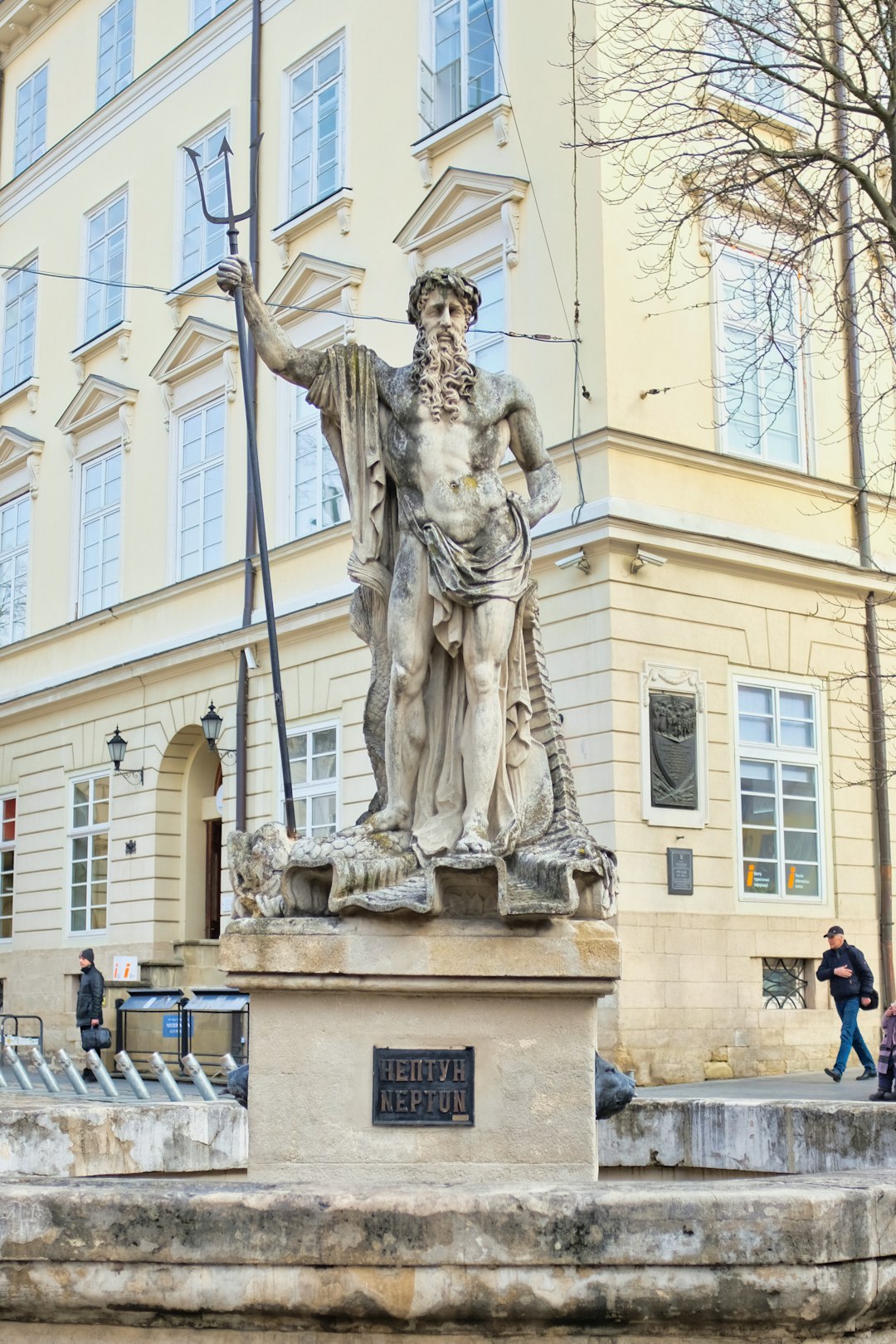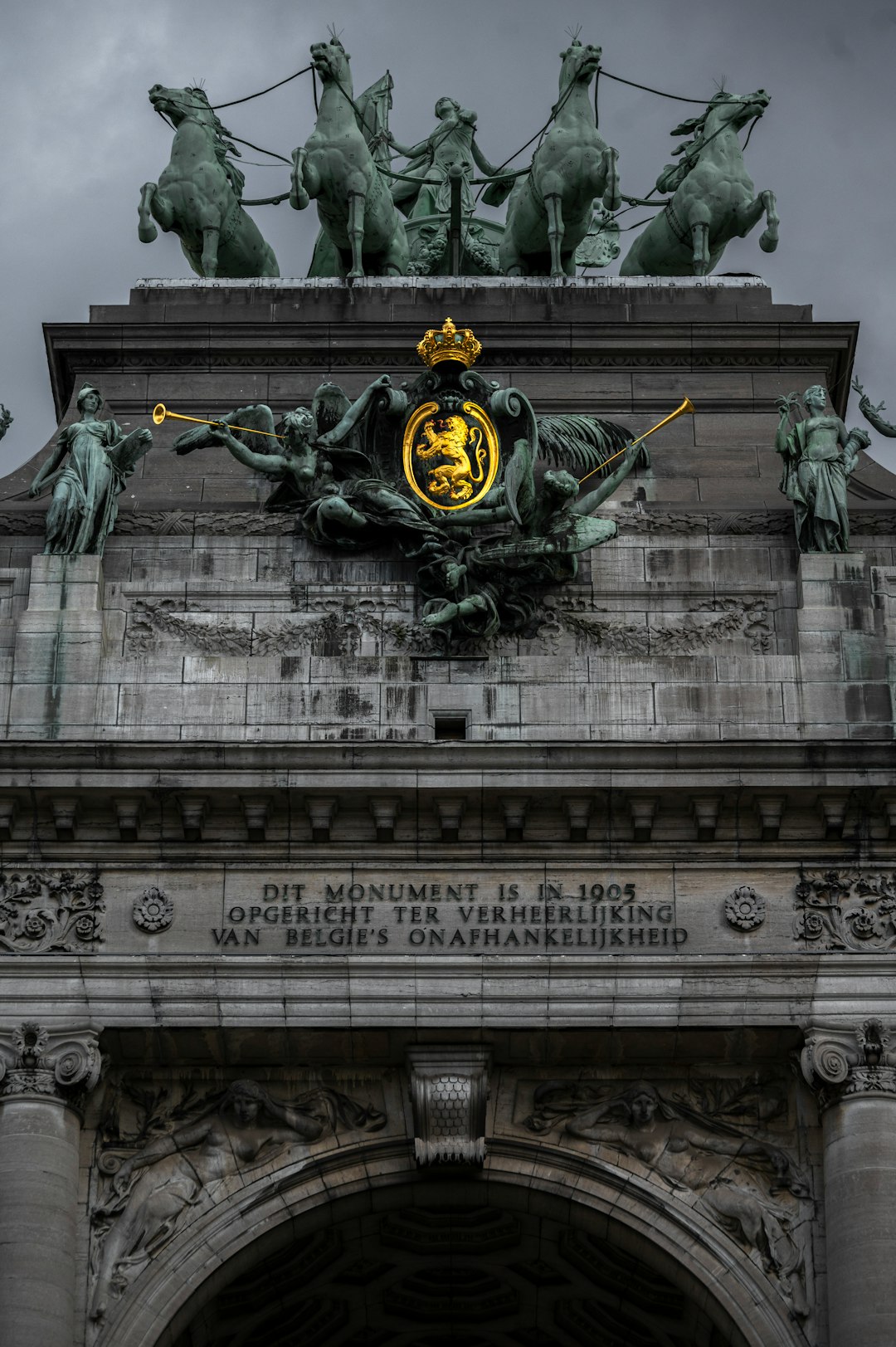O tal de Global constitui, na verdade, um bando de oportunistas.
Paulo Roberto de Almeida
How Ukraine is trying to woo the Global South — and why it’s so hard
President Zelenskyy visited the G7 and Arab League summits to make Ukraine’s case.
Ukraine’s President Volodymyr Zelenskyy traveled to Jeddah, Saudi Arabia, and Hiroshima, Japan, to make the case for expanded support from non-Western countries at the Arab League summit and the Group of 7 summit over the weekend.
As Ukraine’s armed forces prepare for a counteroffensive in the ongoing effort to repel the Russian invasion, the US and European countries have, for the most part, been remarkably steadfast in their support for Ukraine via arms and economic sanctions against Russia. But countries like Saudi Arabia and India, which have important trade and security relationships with the West, aren’t jumping on board — partly because they have their own specific foreign policy and domestic development goals, and because they simply don’t see the war in Ukraine as their fight.
At Friday’s Arab League summit in Jeddah, Zelenskyy made his pitch to the leaders of 22 Middle Eastern and North African states, including Saudi Arabia and the United Arab Emirates. These wealthy Gulf nations both buy US-made weapons and have strong trade relationships with Western countries as well as Russia, presenting a dilemma faced by many countries in the broader international order.
The weekend’s G7 summit saw Zelenskyy meeting privately with representatives of most parties in attendance, except Brazil’s President Luiz Inacio Lula da Silva, who has previously hedged on denouncing Russia’s invasion, even partly blaming Ukraine and Western countries for prolonging the war. In addition to the G7 member states — the US, Canada, Japan, France, Germany, the UK, and Italy — leaders from the EU, Brazil, India, South Korea, Vietnam, Australia, Indonesia, Comoros, and Cook Islands attended this year’s meeting in Hiroshima.
Ukraine was the primary focus of this year’s summit, and the guest list offered Zelenskyy an opportunity to try to bring India and Brazil, two major players in the Global South, on his side. But Zelenskyy and his Western partners will need to make a very compelling case that non-Western countries — especially those who have historically straddled the Cold War divide between the West and Russia — should fight Ukraine’s fight.
Ukraine’s got the West. What about the rest?
The G7 summit has in recent years invited representatives from the so-called Global South, like Brazil and India, partly as a counter to the criticism that it’s an elite institution whose influence is being overshadowed by developing nations, particularly on the economic front.
Indian Prime Minister Narendra Modi attended this year’s summit, where he met one-on-one with Zelenskyy to discuss the ongoing effort to repel the Russian invasion. India has thus far refused to condemn Russia’s invasion and has increased its imports of Russian fuel despite US, UK, and EU sanctions on the sector.
“I assure you that for its resolution India, and I personally, will do everything within our means,” Modi told Zelenskyy at their sideline meeting, Reuters reported Saturday, but did not make specific security or economic commitments to Ukraine. Modi has also reportedly spoken with both Zelenskyy and Russian President Vladimir Putin by phone multiple times, urging a diplomatic end to the war; however, India has abstained from UN Security Council votes condemning Russia’s invasion.
India is a founding member of the Non-Aligned Movement, created in 1961 at the height of Cold War tensions between the US and the Soviet Union. Then as now, these nations, mostly in the developing world, prioritized their own interests like economic growth and governance in a post-colonial context. Though non-aligned countries are not forbidden from having security or economic relationships with the so-called great power countries, the group’s main priority is to maintain member nations’ independence and avoid formal agreements with the great powers.
Though India has economic and security relationships with both the US and Russia, it has also, under Modi, joined a multilateral cooperation group — the Quad — with the US, Australia, and Japan. Though that relationship would seem to bring India closer to Western and G7 defense priorities, the Quad is not a defense alliance like NATO, in which member states agree to defend each other when attacked. It also makes sense within the context of India’s longtime rivalry with China, which has escalated to border skirmishes in recent years.
The Quad aligns with India’s direct interests; that’s not such an easy case to make when it comes to Ukraine, especially given another of India’s priorities — economic development. India has imported record levels of cheap Russian crude oil since the invasion in February 2022, selling the refined product as jet fuel and diesel to European countries.
Lula, Brazil’s president, has presented himself as a possible mediator between Russia and Ukraine along with a group of other nations uninvolved in the conflict and in accordance with its stance of non-alignment. Lula’s rhetoric around the conflict, particularly his doubts about Ukraine’s sovereignty over Crimea and the West’s role in the war, has concerned Western leaders, who argue that his stance is the result of Russian propaganda. But as Oliver Stuenkel, an associate professor of international relations at Fundação Getúlio Vargas in São Paulo, points out in Foreign Policy, Brazil and Russia have a longstanding, solid relationship that’s been mostly beneficial to the country.
Countries like Brazil, India, and Gulf nations have to balance relationships with both the West and Russia — and Putin has made clear his position on the war as an existential battle between the West and Russia, with the West as the aggressor.
“Most Arab states have decided to take a relatively neutral stance vis-a-vis the Ukraine war,” Giorgio Cafiero, the CEO and founder of Gulf State Analytics, told Vox. That includes Saudi Arabia and the UAE, two wealthy Gulf nations that have security arrangements with the US but are increasingly drawn to Russia as Moscow expands its influence in the region.
“The leaders of these Arab states see the conflict in Russia and Ukraine as very much a European crisis that is for European countries, Western countries, and Russia to work out, it is not for Arab states to take a side,” Cafiero said.
Zelenskyy must find a way to appeal to new potential partners
Zelenskyy’s message to the US and other Western countries has been that the war his nation is fighting is to protect not only Ukraine’s fledgling democracy, but the very concept of and strength of the liberal democratic world order against Putin’s autocracy. That message appeals to the most idealistic self-conceptions of the US, UK, and EU — but less so to countries that have suffered under colonialism and neoliberalism.
In a recent panel discussion for Foreign Affairs, Matias Spektor, a professor of international relations at Fundação Getúlio Vargas, explained that developing nations are often “triggered” by the hypocrisy of the US and broader West in condemning Russia’s invasion. “The one thing that really triggers the Global South is when US national interests are couched in the language of moral superiority, when in fact everyone knows that there is a big disconnect between words and deeds,” Spektor said.
Instead of appealing to the idea of Western democratic values, then, Zelenskyy framed his argument at the G7 and Arab League summits as Ukraine’s casting off the yoke of an imperialist oppressor — still a pertinent sentiment for nations throughout the Global South.
“This language can resonate with many people in the Arab world and also many people throughout the Global South,” Cafiero said. But it’s likely not enough to overcome the agreements and beneficial arrangements that Russia has made with some of those countries.
Zelenskyy further attempted to appeal to Arab states by bringing Crimean Tatar leader Mustafa Dzhemilev along to the Arab League summit, pointing to the plight of Ukraine’s long-oppressed Muslim minorities. Though the Arab League has no political power and does not represent a military compact, it has historically been a seat of Arab, and to a lesser extent Muslim, solidarity.
“Another priority is the protection of the Muslim community of Ukraine,” Zelenskyy told the Arab League summit. “Crimea was the first to suffer from the Russian occupation, and most of those who suffer repression in occupied Crimea are Muslims.” The Crimean Tatar ethnic group is predominantly Muslim and has experienced heightened persecution since Russia invaded Crimea in 2014.
“I do not think that these arguments and this rhetoric will do much to convince Arab states to make any fundamental changes to their positions toward the conflict in Ukraine,” Cafiero said, “because these Arab countries have relationships, have partnerships with Russia that have been becoming increasingly important to Arab countries — especially the United Arab Emirates and Saudi Arabia.”
Though Saudi Arabia and Russia have no formal alliance, Crown Prince Mohammed bin Salman, Saudi Arabia’s de facto leader, and Putin have worked together to tilt the global oil trade in their favor in recent months after the Western alliance and Japan sanctioned the Russian fuel sector. The kingdom invested more than $600 million in Russian energy firms last year and then doubled its fuel purchases from Moscow in the wake of the sanctions, the New York Times reported in September.
The UAE has taken advantage of sanctions against Russia to open up bilateral trade, which the Russian government claims grew by 68 percent to $9 billion last year. Wealthy Russians are flocking to the Emirates — investing in real estate and opening businesses — and the UAE is importing steeply discounted Russian oil as well as precious metals and agricultural products, according to an April report by Nikita Smagin for the Carnegie Endowment for International Peace.
Russia has a significant propaganda apparatus in both Africa and Latin America, as well as the Arabic-speaking world, helping to sow doubt about a faraway conflict that doesn’t affect ordinary people in Dubai, Rio, or Bangalore. That reality, along with strong economic ties to Russia and legitimate critiques of the Western liberal world order, will be hard for Zelenskyy to overcome as the war wears on.

